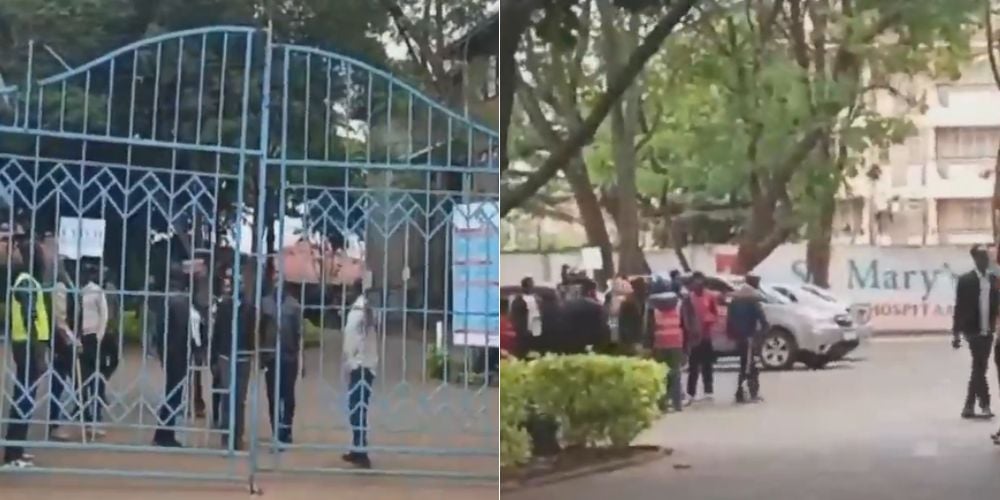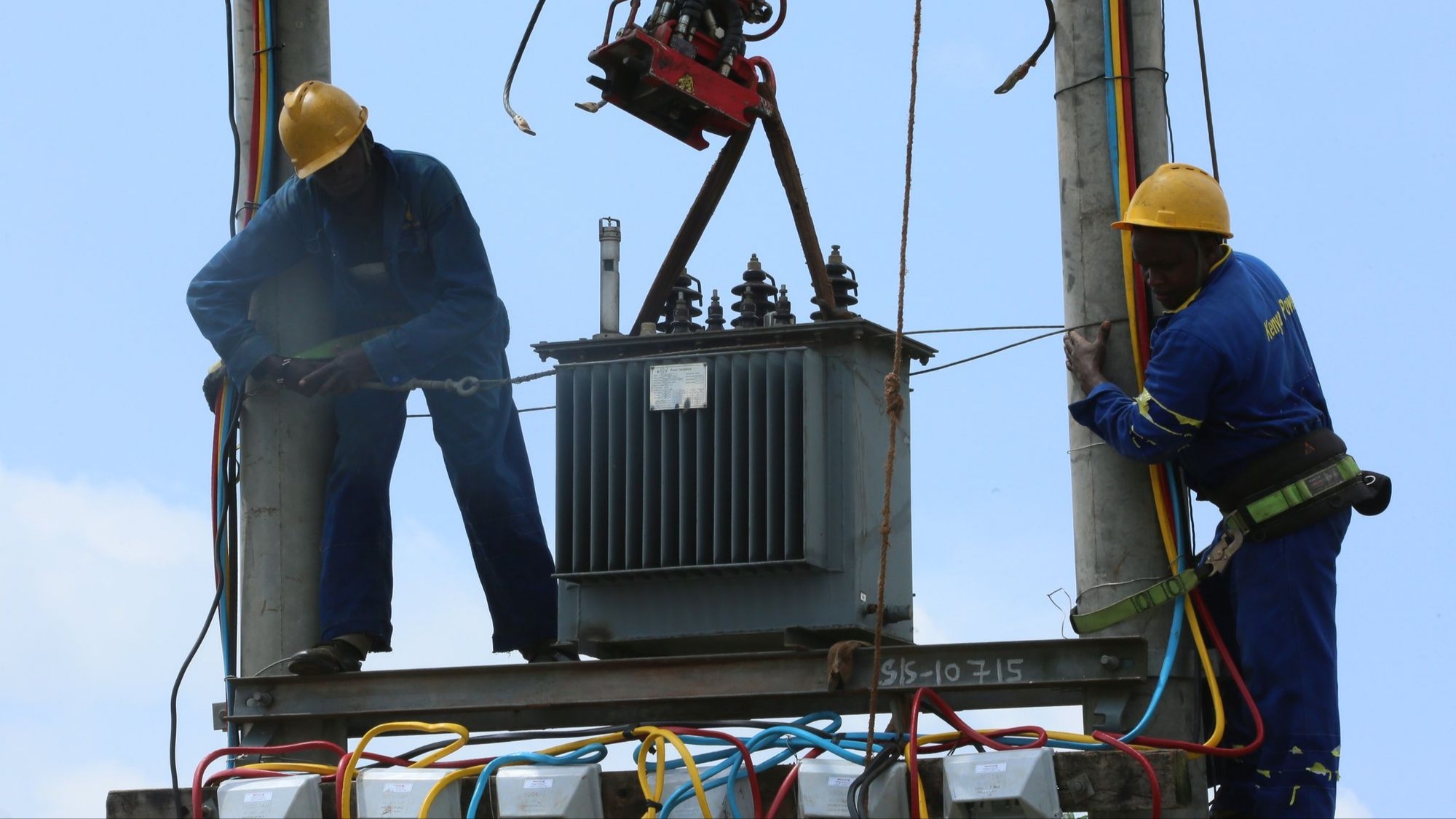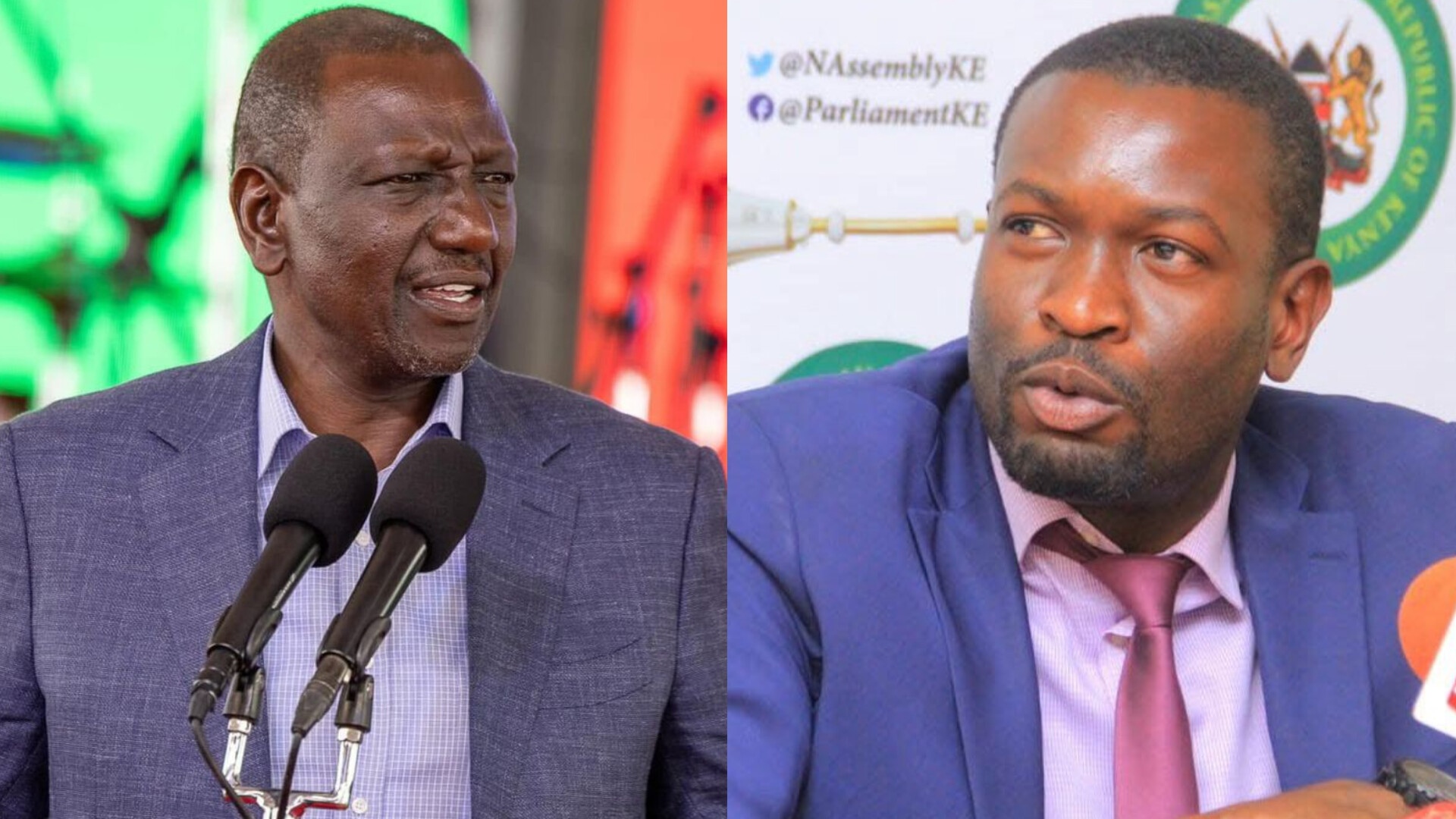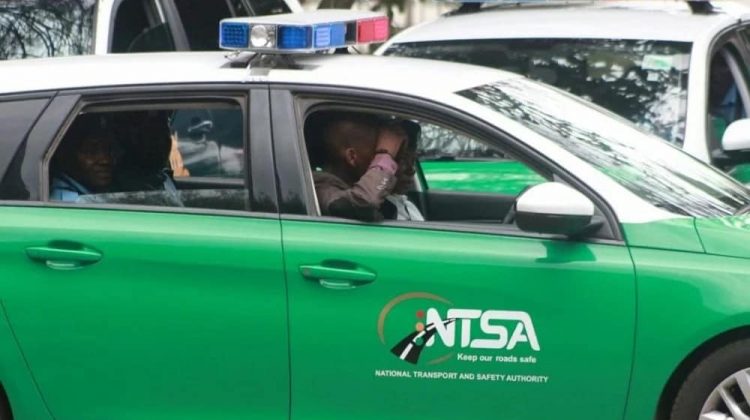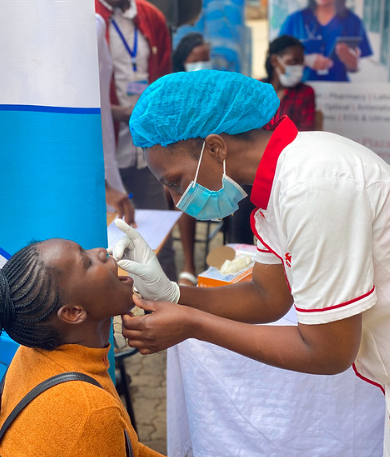The final recommendations by the National Dialogue Committee (NADCO) now have the blessings of President William Ruto.
Speaking in Nairobi on Sunday, November 26, while attending a church service, the president observed that the provisions in the final report were practical.
He said he would honour his bit and leave the rest to the National Assembly.
"The national dialogues team is done with its work and we congratulate them. All their recommendations are correct. Where they have recommended we tone down on travel for government officials we have already done that.
"All the other things recommended there is now left for the National Assembly to deliberate on them as we embark on building the nation," said Ruto.
Read More
Ruto noted that a huge part of the contents in the report were practical, committing himself to implementing them.
"I want to congratulate all the teams. I have seen the recommendations and they are in good state and are practical. We are going to work on them. Those that belong to the Executive I will make sure they are implemented without any delay," said Ruto.
.jpg)
What is in the NADCO report?
The committee recommended that all arms of the government reduce their travel budgets by 50% and that the Salaries and Remuneration Commission (SRC) review daily subsistence allowances for state and public officers with a view to reducing by 30% in order to reduce the cost of living.
The committee recommended the Ministry of Energy and Petroleum in liaison with the National Treasury to reduce the road maintenance levy and the anti-adulteration levy by Sh 5 and Sh 3 per litre respectively.
NADCO also recommended the national government to finalise the transfer of all devolved functions to county governments and amendment of the constitution to provide for the equitable share to the County Governments not to be less than 20% of all revenue collected by the National Government.
The bipartisan team however failed to agree on reducing VAT on fuel from 16 percent to 8 percent and doing away with the housing levy.
“The committee was unable to reach a consensus on a number of other proposals on the matter of cost of living, including the reduction of VAT on fuel from 16% to 8%, and scrapping of the housing levy, the twin issues in the Finance Act 2023,” the report read in part.
On matters of electoral justice, the committee recommended an audit of the 2022 general elections, expansion of the IEBC selection panel from the current 7-member to a 9-member selection panel, and increasing timelines within which the Supreme Court shall hear and determine a petition challenging the validity of a presidential election from 14 to 21 days.
“NADCO has recommended that legal reforms passed less than 18 months to the general elections become effective in the next electoral cycle,” the report stated.
The Ichung’wah-Kalonzo committee also recommended the entrenchment of NG-CDF, the National Government Affirmative Action Fund (NGAAF), the Senate Oversight Fund, and the establishment of the Ward Development Fund.
The bipartisan team further recommended the establishment of the Office of the Leader of the Official Opposition and the Office of the Prime Minister.
“NADCO recommends the establishment of the Office of the Leader of the Official Opposition, who is the leader of the largest party/ coalition of political parties that garnered the second-greatest number of votes in the immediately preceding presidential elections with two deputies,” the committee stated.
Additionally, NADCO recommended the establishment of the Independent Political Parties Regulatory Commission as an independent body that shall be responsible for the registration of political parties and their office holders and the management of political parties' funds.
The report was electronically submitted to the president and Azimio Leader Raila Odinga.
The Opposition leader had not yet given his position by the time of press.
-1700992178.jpg)
